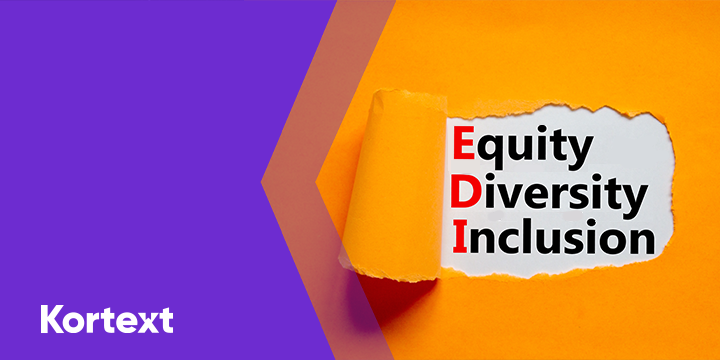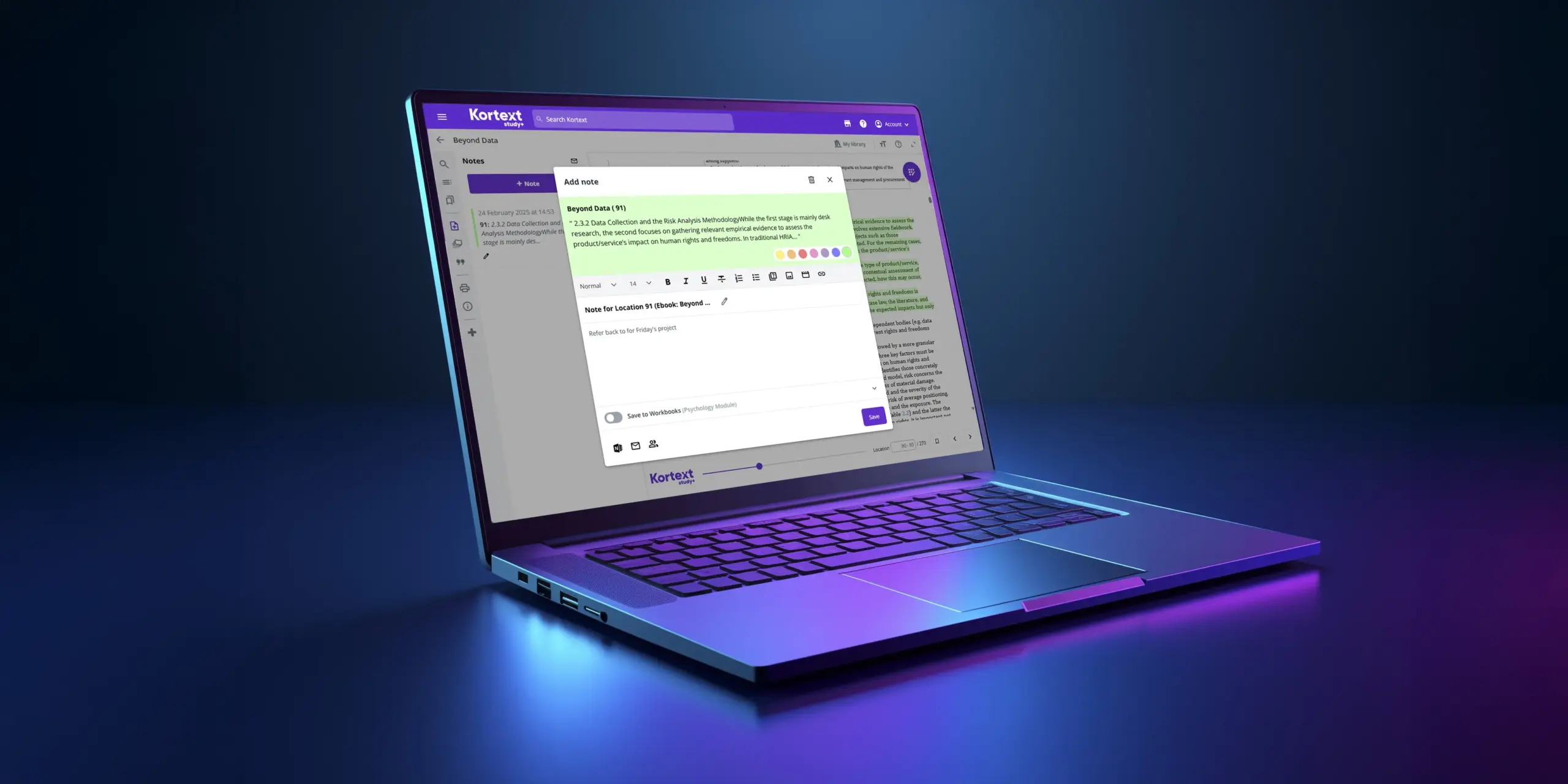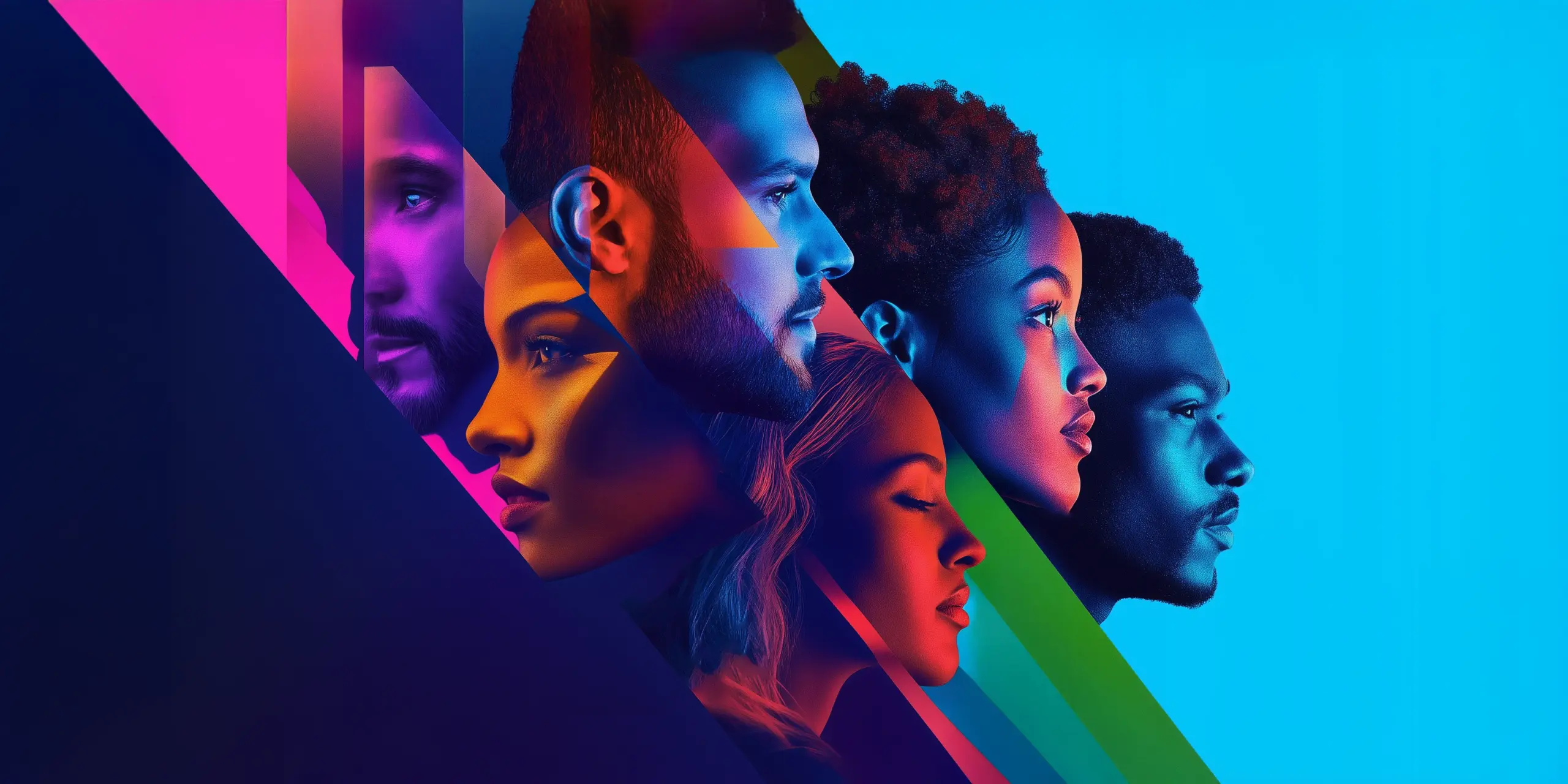Recognising each student’s entitlement to a learning experience that is fair in respect of diversity, participation, and the removal of barriers in higher education contributes to an inclusive learning experience. So, are your courses inclusive?
What does it mean to be inclusive in higher education?
To be honest, the word inclusive can mean many things to different people.
To be inclusive can be defined in both specific and broad terms, it’s broadly about appealing to all types of learners and meeting their specific needs and requirements in the institution. If we look at being inclusive more specifically, there’s a sole focus on the inclusion of specific pockets of people, creating a challenge when it comes to being inclusive because…well…where do you begin?
Creating inclusive courses involves not only creating the perfect environments for inclusivity but also actively challenging what was there before; challenging the inequalities, the lack of diversity and the lack of opportunity that prevented higher education from being fairer, accessible and ultimately, inclusive.
It’s undeniable that there has been an increased focus on equality, diversity and inclusion (EDI) within higher education this past year which has been largely driven by the recognition of student voices, greater awareness of inequality and better access to content that supports EDI.
There’s data behind the drive for higher education to be inclusive, too
A fantastic report on attainment compiled and published by UUK highlights the inequalities in higher education, signposting the remits for inclusivity, for example, this report highlights that there’s a 23.4% gap between white and black students in addition to the near-constant campaigning to reduce the equality-equity divide between student groups by UUK and NUS.
Furthermore, Government initiatives are moving more toward an inclusive style of learning with their proposal in the Augar Review; however, how inclusive the outcomes will be is still sketchy, as we discussed in the first episode of Kortext’s podcast earlier this year.
That aside, one thing we can all agree on when it comes to inclusivity is that it is truly important to everything, from student experience to attainment and outcomes.
How to make your courses more inclusive
Increase your own knowledge
Is this ‘teaching you to suck eggs’? Quite possibly, but sometimes it’s important to lay things out simply because not everyone thinks the same way and it’s important to stay up to date with knowledge on inclusive learning so you can lead by example.
This can be done by exploring the wealth of pedagogical research in your field that illustrates EDI. Furthermore, you could also take a leaf (digitally, of course) out of your own book and discuss the topic with colleagues from your university, or others – sharing knowledge isn’t only beneficial to students.
A pedagogical resource to consider is a study published by Wolff et al. in 2008 which assesses attainment rates of international and ethnic minority students. Whilst it’s a little older as a resource, it is still useful.
Get to know your students
Now, we know this may be a little unrealistic because it’s unlikely you’ll have the time to spend with each student. In addition to digesting the data you have on students, if you can encourage lecturers to do icebreakers to try and find out more about their students, that would be a great start.
Demonstrating a genuine interest in learning about each student’s culture, learning styles, and what makes them unique will help to establish trust and enables lecturers to form a bond with their students which helps them to feel valued and like they belong – which, as a recent Wonkhe/Pearson study demonstrates, is a significant contributor to student success.
If students feel comfortable with their academics, it’s more likely they’ll feel comfortable expressing themselves in class – and it’s this self-expression that’s integral to an inclusive course experience.
Use a diverse range of resources
It cannot be denied that since the pandemic, access to content has become far easier for the student, with more texts being made available digitally every day. Whether in print or digital format, diverse resources are out there providing alternative but equally valid views on anything from history to scientific discovery.
To help ensure your courses are diverse, learners should be offered a diverse range of voices and perspectives across course content, for example via their reading lists, case studies, lecture topics and seminar content.
A rich selection of voices and perspectives from a variety of backgrounds is important, especially if they represent the backgrounds of the students in class. This is supported by research published in 2007 that shows students respond well when they can identify with their learning content.
Ensure there is equity of access to content with Ed Tech
Ed Tech has grown exponentially in recent years, with a vast collection of learning materials now available online, and so has the understanding of how students work.
For instance, not all students are 18 and living on campus with limited responsibility – the pandemic saw record numbers of mature students applying. With the demographic of university students changing, content provision needs to change to reflect this to ensure course inclusivity.
By integrating digital content from providers such as Kortext into your institution’s tech stack, you can provide your students with content that can be accessed anytime, anywhere, and on any device to suit their lifestyles – whether they’re studying on the commute or stealing some time to read outside the school gates at pick up time!
In addition to being inclusive from a diversity point of view, by utilising a learning content platform such as Kortext Arcturus, you’ll be providing a host of accessibility features to benefit your students with accessibility needs. For example, Kortext’s read-aloud functionality, page zoom, variable font style (including Open Dyslexic), adjustable background colour, and 24/7 online and offline access means students can consume content how they want, when they want and where they want.
Still not convinced you need to be inclusive?
Sometimes change can be hard, but the implications of not moving with the times is harder.
Students apply to university to better themselves and their chances for the future. Denying them an inclusive experience is denying them the best start to that future.
Inclusivity helps to create confident and well-rounded graduates that are prepared for the diverse world of today and tomorrow.
Being inclusive can be very simple – tap here to find out how Kortext can help.






